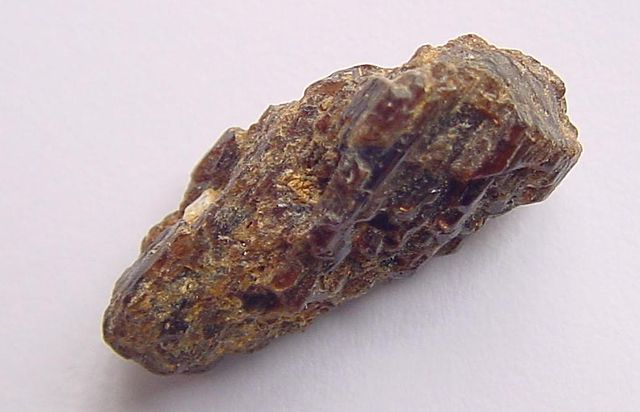In the intricate tapestry of life on Earth, minerals play a pivotal role that often goes unnoticed. From the food we consume to the technology we rely on, minerals are fundamental to our existence and well-being. This article delves into the myriad benefits of minerals, exploring their significance across various domains, including health, industry, and environmental sustainability.
- Essential Nutrients for Human Health
Minerals are vital micronutrients that our bodies require for optimal functioning. They are classified into two categories: macrominerals (such as calcium, magnesium, and potassium) and trace minerals (such as iron, zinc, and selenium). Each mineral serves specific functions that contribute to overall health:
- Bone Health: Calcium and phosphorus are crucial for developing and maintaining strong bones. A deficiency in these minerals can lead to osteoporosis and other bone-related disorders.
- Metabolic Processes: Magnesium plays a key role in over 300 enzymatic reactions, including energy production and protein synthesis. It also helps regulate muscle and nerve function, blood sugar levels, and blood pressure.
- Immune Function: Zinc is essential for a robust immune response. It aids in the development and function of immune cells, helping the body fend off infections and diseases.
- Cognitive Function: Trace minerals like iron are critical for cognitive health. Iron deficiency can lead to anemia, resulting in fatigue and impaired cognitive function.
- Industrial Applications and Economic Impact
Beyond their biological significance, minerals are indispensable in various industries, driving economic growth and technological advancement:
- Construction and Infrastructure: Minerals such as limestone, granite, and gypsum are fundamental in construction. They are used in cement production, road building, and as raw materials for various construction projects.
- Electronics and Technology: Rare earth minerals, including neodymium and dysprosium, are essential for manufacturing high-performance magnets used in electric vehicles, smartphones, and renewable energy technologies like wind turbines.
- Agriculture: Minerals play a crucial role in soil health and crop production. Micronutrients such as boron, copper, and manganese are vital for plant growth, enhancing crop yields and food security.
- Environmental Sustainability
The extraction and utilization of minerals also intersect with environmental sustainability. Responsible mining practices and recycling initiatives can mitigate the ecological footprint of mineral extraction:
- Sustainable Mining Practices: Implementing eco-friendly mining techniques can reduce habitat destruction and pollution. Innovations in mining technology, such as precision mining, help minimize waste and enhance resource efficiency.
- Recycling and Circular Economy: The recycling of minerals from electronic waste and other sources contributes to resource conservation. By reclaiming valuable minerals, we can reduce the demand for virgin materials, thereby lessening the environmental impact of mining.
- The Role of Minerals in Global Health Initiatives
Minerals are also integral to global health initiatives aimed at combating malnutrition and promoting well-being:
- Fortification Programs: Many countries implement mineral fortification programs to address micronutrient deficiencies in populations. For instance, iodizing salt helps prevent iodine deficiency disorders, while iron-fortified foods combat anemia.
- Public Health Campaigns: Awareness campaigns about the importance of minerals in diet can empower individuals to make informed nutritional choices, ultimately improving public health outcomes.
Conclusion
The benefits of minerals extend far beyond their basic definitions. They are essential for human health, drive industrial progress, and play a crucial role in environmental sustainability. As we continue to navigate the complexities of modern life, recognizing and harnessing the multifaceted advantages of minerals will be vital for fostering a healthier, more sustainable future. By prioritizing mineral education and responsible resource management, we can unlock the full potential of these hidden treasures that underpin our daily lives.

